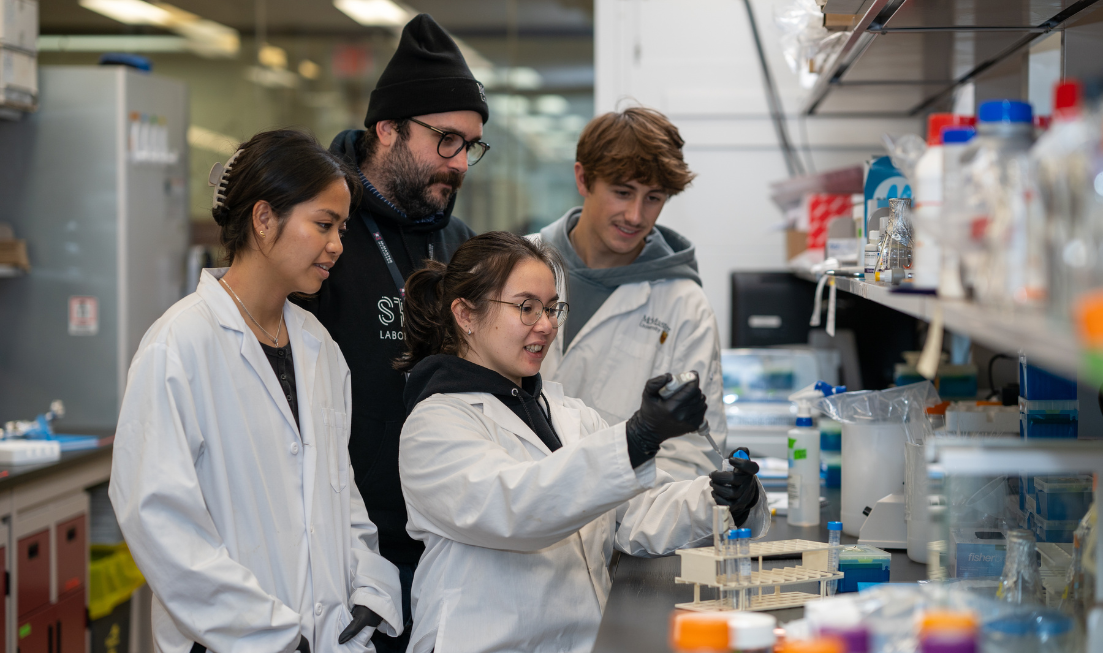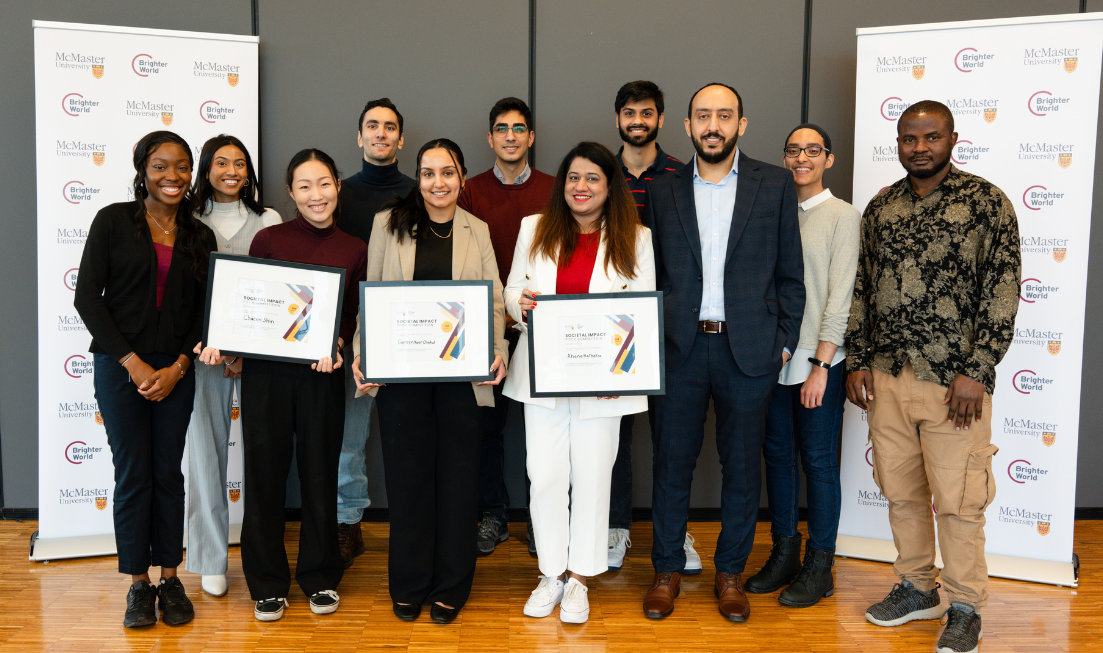Let’s Create a Sustainable Future: The Power of Linking Climate Change and Public Health

Climate change has emerged as one of the most pressing issues of our time, generating devastating impact on our planet’s health and the well-being of all its inhabitants. In last weeks Global Health Seminar titled “Addressing Climate Change with a Global Public Health Health-First Approach,” Michelle A. Williams, a renowned epidemiologist, award-winning educator and this years Chanchlani Global Heath Research Award recipient, delivered an eye-opening presentation that shed light on the interconnectedness of climate change and global health. Her powerful question “Why did it take us 27 years to start discussing the health consequences of climate change?” set the stage for an enlightening conversation.
Throughout her presentation, Williams took a deep dive into the far-reaching consequences of climate change and shed light on its role in exacerbating various diseases. She provided compelling evidence to demonstrate how addressing climate change directly contributes to the reduction of morbidity and mortality associated with climate-based diseases. By exploring diseases such as Zika, Ebola, and SARS viruses in Africa, Williams highlighting how climate factors impact the spread of disease, underscoring the need for a comprehensive health-first approach supported by “individual and collective actions” to tackle these interconnected challenges.
While Williams comprehensively explored diverse climate-health issues, her talk centered on current and emerging solutions. This action-oriented focus helped to spark hope in an area which can often feel overwhelming. For instance, Williams shared her deep admiration for an ongoing environmental research project conducted by her university, Harvard T.H. Chan School of Public Health, focusing on growing trees in a controlled environment that simulates specific air quality conditions. Furthermore, explaining the meanings of mitigation and adaptation in the context of global public health. Williams highlighted the serious efforts of different countries like Norway, Bangladesh, and Malawi in finding and implementing innovative mitigating and adapting strategies to combat the impacts of climate change. Her discussion illustrates that effective governance, innovation, and investment in sustainable technology, infrastructure, and practices are fundamental factors in climate-health response plans.
To further inspire the audience, Williams discussed two key points when tackling climate-change related challenges. First, she discussed the importance of building effective collaborations and partnerships. She exemplified this valuable insight by reviewing the positive impacts of the current Dean of the Harvard T.H. Chan School of Public Health’s multi-sectoral and in-depth dialogue investigating how sector representatives can find ways to help climate-vulnerable small-scale farmers avoid crop stock damage. Secondly, she argued that advocacy is an essential component when practicing global public health and conducting research. Williams concluded by assuring the audience that we all possess the resources, evidence-based data, and policies needed to start acting immediately. “We should not have to wait 26 years for what we know to impact what we do,” said Dr. Williams.
Ending with a resounding call to action, Williams encouraged us to link planetary and human health to begin developing and implementing effective interventions toward the impact of climate change. It’s time to build public support for climate initiatives that prioritize health. Every individual, organization, and government has a role to play in addressing climate change through a global public health-first approach. By spreading awareness and advocating for change, we can work collectively to create a sustainable future where our health and the planet’s well-being are linked, and both thrive.
Please join us for the upcoming Global Health Seminar Series featuring Esther Chin.
Global Health News, Student Blog
Related News
News Listing

Daily News ➚
McMaster earns top spot for graduate student research intensity in annual rankings
Global Health News
December 9, 2024

December 4, 2024

